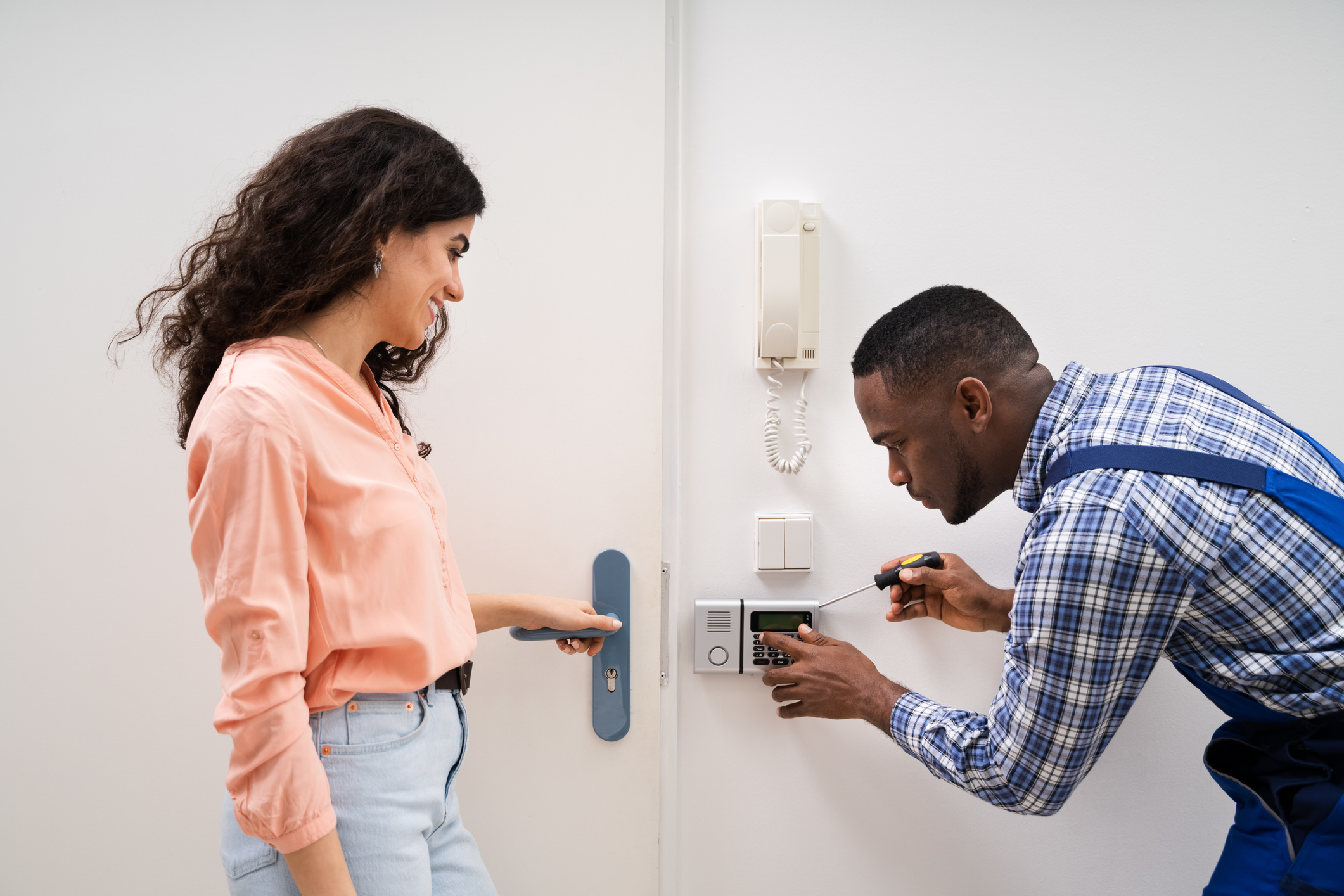Tips for Avoiding Locksmith Emergencies
Locksmith emergencies can happen at the most inconvenient times—whether it’s being locked out of your home on a cold night, losing your car keys before an important meeting, or dealing with a malfunctioning lock after hours. While some emergencies are unavoidable, many can be prevented with a bit of foresight and simple habits. Avoiding locksmith emergencies not only saves you from stress and inconvenience but also helps protect your security and wallet. In this blog, we’ll share practical tips to reduce the likelihood of facing a locksmith emergency and keep your locks functioning smoothly.
1. Keep Spare Keys in Safe, Accessible Places
One of the most common locksmith emergencies is being locked out due to lost or misplaced keys. To prevent this, always have spare keys made for your home, office, and vehicle. Here are some smart ways to manage your spare keys:
- Give a spare key to a trusted family member, close friend, or neighbor who can help in an emergency.
- Use a secure key lockbox installed near your property, ensuring only authorized persons know the code.
- Avoid hiding keys in obvious places such as under doormats or flower pots—these spots are well-known to burglars.
By having a reliable spare key strategy, you minimize the chance of lockouts and avoid emergency locksmith calls.
2. Maintain Your Locks Regularly
Locks and keys are mechanical devices that require care to function correctly. Neglecting regular maintenance can lead to jamming, sticking, or breakage, which may cause an emergency situation. To keep your locks in good working condition, consider these tips:
- Lubricate locks annually using a graphite-based lubricant or a silicone spray designed for locks to prevent stiffness and corrosion.
- Clean keyholes gently with compressed air to remove dust and debris that can cause malfunctions.
- Inspect locks for signs of wear, rust, or damage and schedule repairs or replacements promptly.
- Avoid forcing keys if they don’t turn easily; this can break the key or damage the lock internally.
Routine maintenance extends the life of your locks and prevents unexpected failures.
3. Upgrade to High-Quality Locks
Cheap or outdated locks are more prone to malfunction and easier for intruders to bypass. Investing in high-quality, certified locks reduces the risk of lock-related emergencies and enhances your security. When choosing locks, look for:
- ANSI Grade 1 or Grade 2 locks which meet rigorous durability and security standards.
- Locks with anti-pick, anti-bump, and drill-resistant features for added protection.
- Smart locks with keyless entry options to eliminate lost key emergencies.
- Locks that are compatible with your doors and environment for optimal performance.
Upgrading your locks not only prevents emergencies but also provides peace of mind.
4. Practice Good Key Management
Keys can easily get lost or stolen if not managed properly. Developing good habits can help you avoid emergency situations:
- Use designated spots for your keys at home and work, such as a key rack or bowl.
- Avoid carrying unnecessary keys on your keychain to reduce clutter and confusion.
- Label keys discreetly to identify their purpose without revealing sensitive information.
- Consider key tracking devices that alert you if you leave keys behind.
- Regularly check your pockets or bags to ensure keys are present before leaving a location.
These small steps can significantly decrease the chance of losing your keys.
5. Be Cautious with Electronic Locks and Key Fobs
Many homes and vehicles now use electronic access systems that can fail due to battery issues or technical glitches. To avoid being locked out, follow these precautions:
- Replace batteries in key fobs and smart locks regularly according to manufacturer recommendations.
- Keep a manual backup key or code accessible in a secure location.
- Familiarize yourself with emergency override procedures for electronic locks.
- Ensure electronic locks are installed by professionals to minimize malfunction risks.
Maintaining electronic access tools properly reduces the chance of inconvenient lockouts.
6. Avoid DIY Lock Repairs
When locks malfunction, it may be tempting to attempt repairs yourself. However, improper handling can worsen the issue, leading to costly emergencies. To protect your locks:
- Contact a professional locksmith for any repairs or replacements.
- Avoid using lubricants or tools not specifically designed for locks.
- Do not force keys or locks that seem stuck.
- Allow experts to diagnose and fix issues safely and effectively.
Professional maintenance saves time, money, and avoids emergency situations caused by DIY errors.
7. Plan Ahead for Moving or Renovations
Moving into a new home or renovating your property often requires updating or changing locks to maintain security. Plan these changes carefully to avoid emergencies:
- Rekey or replace all exterior locks when moving into a new residence.
- Schedule lock changes or upgrades during renovations before construction starts.
- Keep track of who has keys during and after renovations, including contractors.
- Inform locksmiths early in your planning to coordinate service times.
Planning ensures your property stays secure throughout transitions and prevents accidental lockouts.
8. Secure Your Property When Traveling
Vacations or extended absences require extra security precautions to avoid lock emergencies on your return:
- Use timers on lights and electronics to simulate occupancy.
- Inform trusted neighbors or friends to check on your property periodically.
- Double-check all locks and security systems before leaving.
- Store spare keys securely with someone reliable.
- Avoid announcing travel plans publicly on social media.
These steps minimize risks of break-ins and lock emergencies while you’re away.
9. Educate Your Household or Employees
Sharing lock security knowledge with everyone in your household or workplace helps prevent emergencies caused by human error:
- Teach family members or staff how to properly use and care for locks.
- Establish clear procedures for locking doors and windows.
- Instruct on key management and reporting lost keys immediately.
- Promote awareness of potential security risks and preventive measures.
- Encourage responsible behavior with access control and security protocols.
Well-informed people contribute significantly to avoiding locksmith emergencies.
10. Stay Calm and Prepare for Emergencies
Despite best efforts, emergencies can still occur. Preparing in advance helps reduce panic and speeds up resolution:
- Know the contact information of a trusted local locksmith ahead of time.
- Keep your locksmith’s business card or contact saved in your phone.
- Have a basic understanding of your locks and keys for clear communication.
- Keep emergency lighting and phone chargers accessible if lockouts happen at night.
- Consider installing smart locks with remote unlocking capabilities.
Preparation turns unexpected lock issues into manageable situations.
Locksmith emergencies are stressful but largely avoidable with proper care, planning, and awareness. By following these practical tips, you can reduce the chances of being locked out, dealing with broken keys, or facing malfunctioning locks. Regular maintenance, good key management, investing in quality locks, and knowing how to prepare for emergencies will save you time, money, and peace of mind.
Stay proactive about your lock security and enjoy the confidence that comes from knowing you’re prepared for whatever comes your way.

